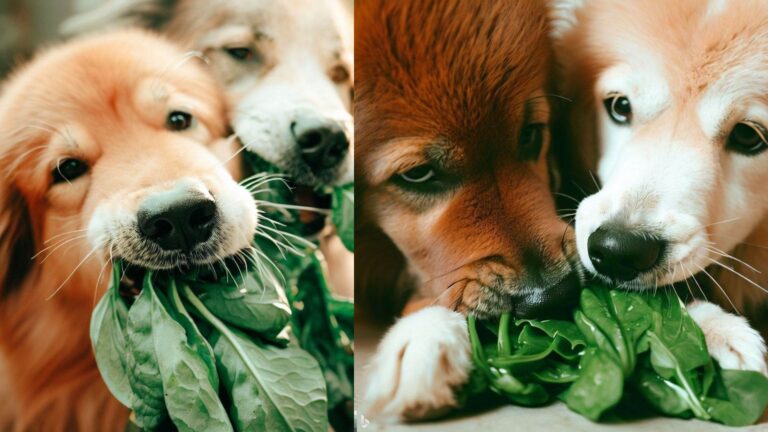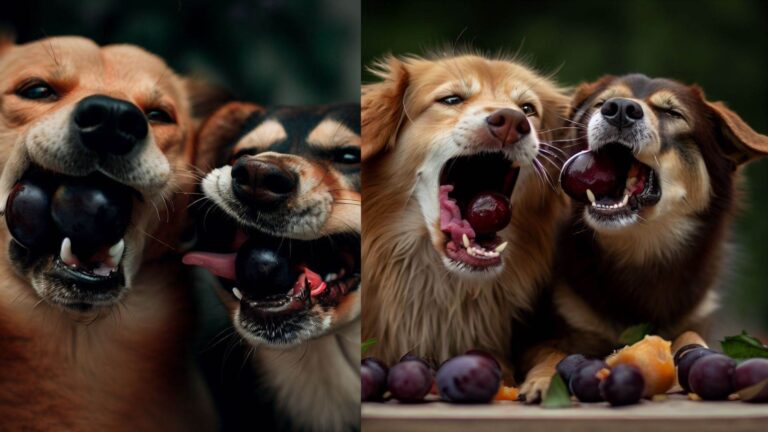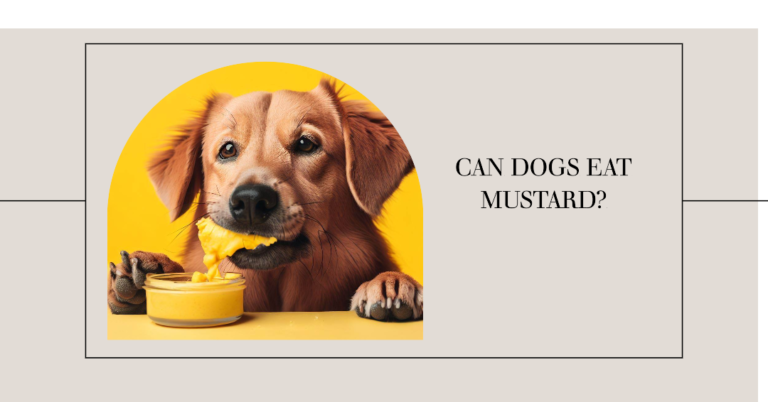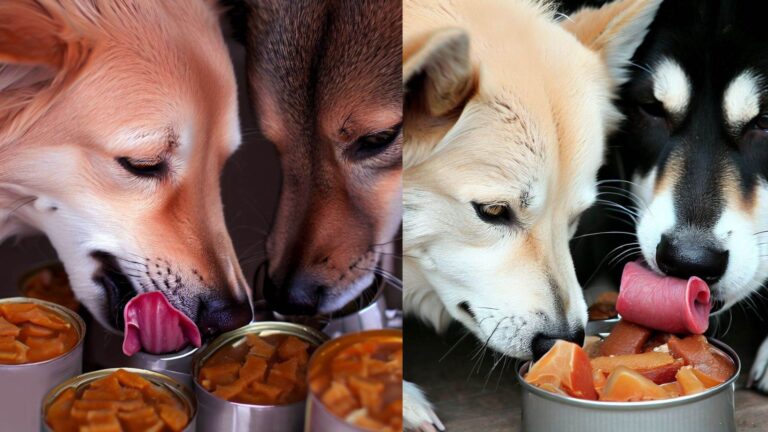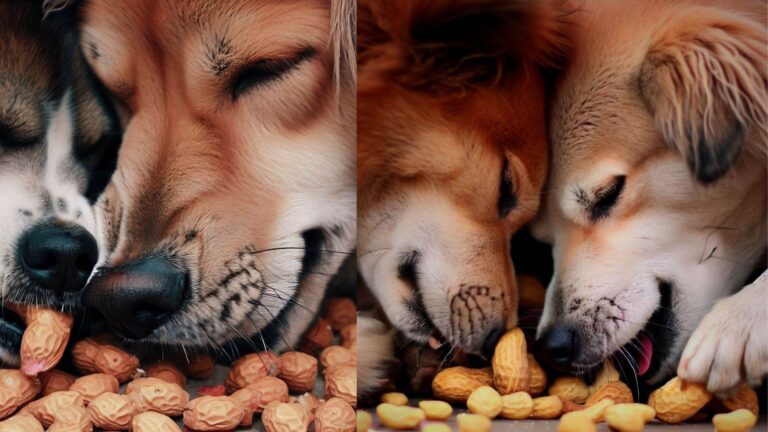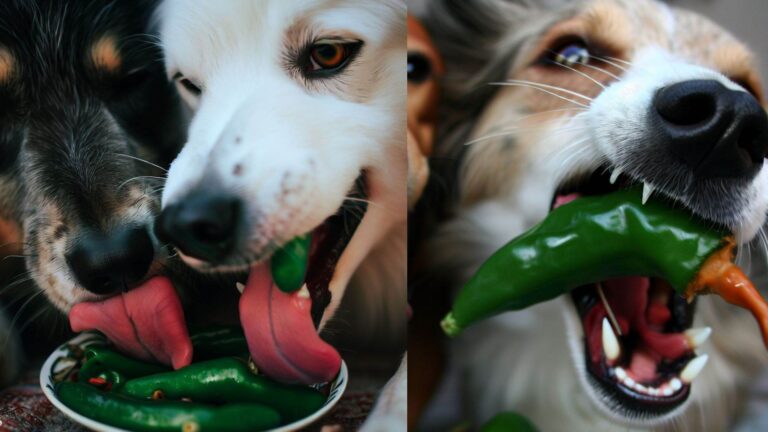Bologna is a processed meat commonly consumed by humans as a sandwich filling or snack. It is made from various types of meat, including beef, chicken, and pork, and is often seasoned with spices and other additives. Many pet owners wonder if it is safe to feed their dogs bologna, either as a treat or as a part of their regular diet. In this blog post, we will explore whether or not dogs can eat bologna and what factors to consider when feeding it to your furry friend.
Table of Contents
Can Dogs Eat Bologna?
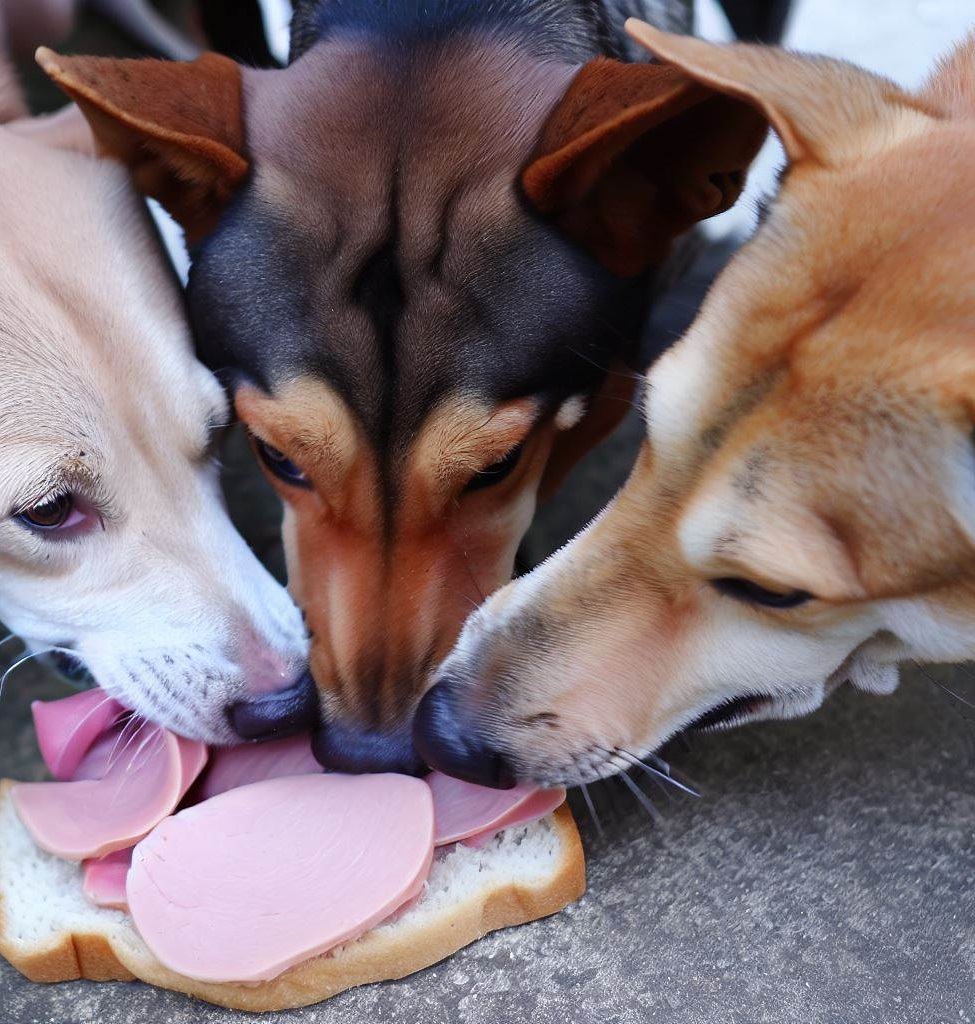
While dogs can technically eat bologna, it is not a recommended part of their diet. Here are some things to consider before giving your dog bologna:
- Processed Meat: Bologna is processed meat that often contains high sodium levels and preservatives, which can harm dogs. Consuming too much sodium can lead to dehydration, while preservatives can cause digestive issues and even contribute to cancer development.
- High-Fat Content: Bologna is also high in fat, which can be difficult for dogs to digest. A diet high in fat can lead to weight gain, pancreatitis, and other health issues.
- Lack of Nutritional Value: Bologna offers dogs no significant nutritional value. In fact, it is often considered a “junk food” for humans and should be consumed in moderation.
- Allergies: Some dogs may be allergic to the ingredients in bologna, such as wheat, soy, or corn. If your dog has a food allergy, feeding them bologna could lead to an allergic reaction.
- Choking Hazard: Bologna can be a choking hazard for dogs, especially if it is not cut into small pieces or if your dog tries to swallow it whole.
Alternatives to Bologna
If you are looking for a healthy and safe treat for your dog, there are many alternatives to bologna that you can consider:
- Lean Proteins: Lean proteins like chicken, turkey, and fish are great options for dogs. They are low in fat, high in protein, and offer a range of essential vitamins and minerals.
- Fruits and Vegetables: Many fruits and vegetables are safe for dogs to eat and can be a great source of fiber, vitamins, and antioxidants. Some good options include carrots, apples, bananas, and blueberries.
- Commercial Dog Treats: Many commercial dog treats are specifically formulated to meet your dog’s nutritional needs. Look for treats made with natural ingredients, and avoid those with high levels of salt, sugar, or preservatives.
Read More: Can Dogs Eat Fish Sticks?
FAQs
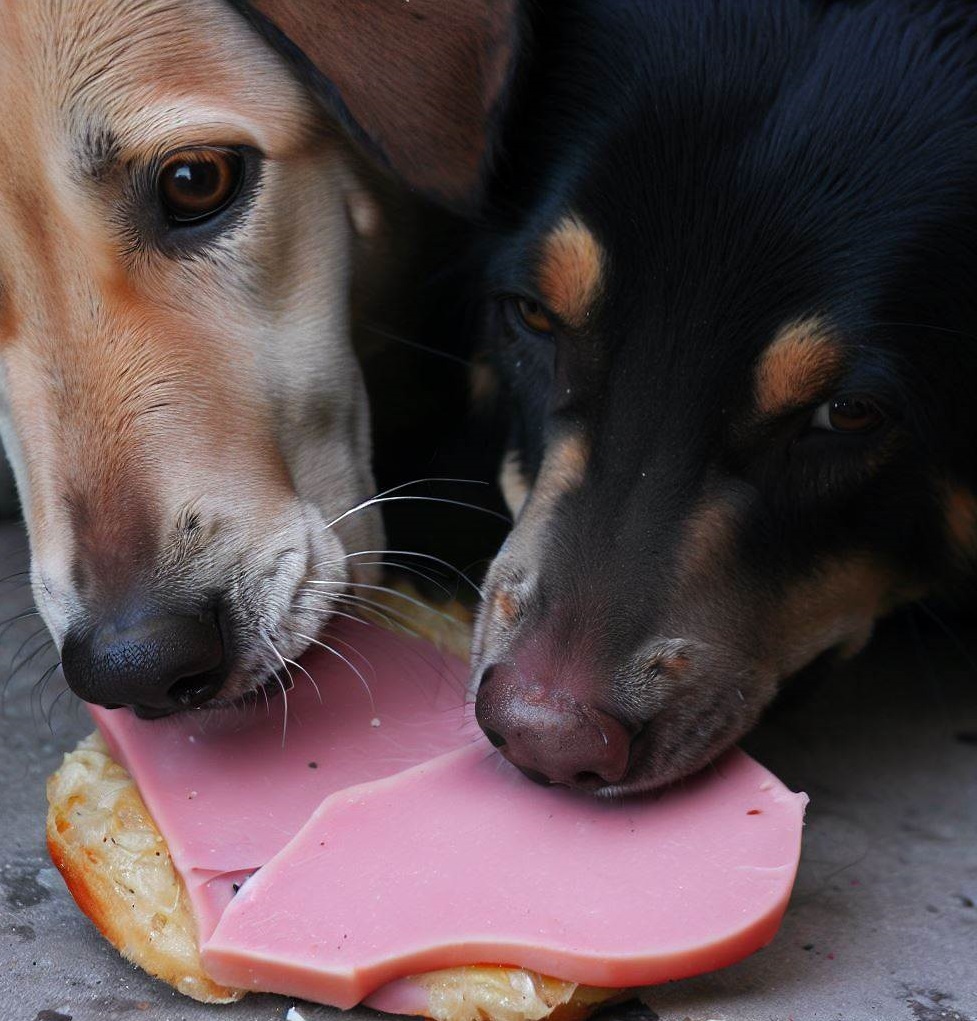
Is bologna safe for dogs?
While bologna is not toxic to dogs, it is not a recommended part of their diet due to its high sodium, fat, and preservative content.
Can dogs eat turkey bologna?
Turkey bologna is a healthier alternative to traditional bologna as it is lower in fat and calories. However, it is still processed meat and should be fed in moderation.
Can dogs eat bologna and cheese?
Cheese is generally safe for dogs in small quantities. However, bologna and cheese are both high in fat and salt, so it is best to avoid feeding this combination to your dog.
Can dogs eat bologna and bread?
Bread is not toxic to dogs but does not provide them any nutritional value. Bologna and bread are both high in carbohydrates and should be fed in moderation.
Can dogs eat bologna and eggs?
Eggs are a great source of protein for dogs, but bologna should be fed in moderation due to its high sodium and preservative content.
Can dogs eat beef bologna?
Beef bologna is made from beef, which is a safe protein source for dogs. However, like other types of bologna, it should be fed in moderation.
Can dogs eat bologna and peanut butter?
Peanut butter is generally safe for dogs in small quantities, but bologna is high in sodium and preservatives and should be fed in moderation.
Can dogs eat bologna and hot dogs?
Hot dogs are processed meat that are high in fat, sodium, and preservatives and should not be fed to dogs. Bologna should also be fed in moderation due to its similar nutritional content.
Can dogs eat bologna and carrots?
Carrots are a safe and healthy snack for dogs, but bologna should be fed in moderation due to its high sodium and preservative content.
Can dogs eat bologna as a training treat?
Bologna can be used as a training treat for dogs, but it should be fed in moderation and cut into small pieces to avoid choking. When using bologna as a training treat, it is also important to consider your dog’s overall diet and nutritional needs.
Can dogs eat Bolognese?
It depends on what you mean by “bolognese.” If you are referring to the classic Italian meat sauce used for pasta dishes, then it is not recommended to feed this to your dog. Bolognese sauce often contains garlic, onions, and other seasonings that can be harmful to dogs, as well as high amounts of fat and sodium.
If you are referring to a type of sausage that is sometimes called “bolognese,” then it is still not recommended to feed this to your dog on a regular basis. Sausages, like bologna, are highly processed meats that can be high in fat, sodium, and preservatives, which are not beneficial to your dog’s health.
If you want to give your dog a meat-based treat, it is best to stick to high-quality lean meats like chicken or beef that are cooked without any added seasonings or preservatives.
Can bologna kill a dog?
While bologna is not toxic to dogs, it can be harmful to them if consumed in large quantities or regularly.
Can dogs eat bologna casing?
Bologna casing is made of cellulose, a plant-based material that is not toxic to dogs but can be difficult to digest. Eating bologna casing can cause digestive issues in dogs, such as vomiting and diarrhea.
Additionally, bologna casing is not a source of nutrition for dogs and should be avoided as a part of their diet. If your dog accidentally eats bologna casing, monitor them closely for any signs of discomfort or digestive issues, and contact your veterinarian if you notice any unusual symptoms.
Conclusion
While dogs can technically eat bologna, it is not a recommended diet. Bologna is a processed meat high in sodium, fat, and preservatives and offers little nutritional value to dogs.
To treat your dog, consider lean proteins, fruits, and vegetables, or commercial dog treats specifically formulated to meet your dog’s nutritional needs. As always, it is important to consult with your veterinarian before significantly changing your dog’s diet.

